Malini Bhupta in Mumbai
The Indian rupee is not yet done with all the pain. From the look of it, the downward journey could continue well into 2012.
Historically, the Indian currency begins to look cheap whenever the real effective exchange rate floats below its historical average of 100.
However, most forex traders believe the weakness in the currency would persist.
Since this summer, the local currency has lost over 15 per cent against the dollar.
On an average, other emerging market currencies have fallen by seven to eight per cent against the dollar since summer, but the rupee has fallen twice as much.
. . .
Why the Re will remain weak in 2012
Most forex traders say this is a general risk sell-off, which has affected most emerging market currencies.
However, the fall in the rupee is far more dramatic than other currencies.
There are reasons behind this, believe some, while others feel this is a temporary phenomenon, which would reverse when risk aversion abates.
This section believes the rupee would rebound when the risk aversion abates, though high inflation is not particularly good for the nominal value of any currency.
. . .
Why the Re will remain weak in 2012
However, issues like high inflation, high deficit and falling reserves are enough to justify the recent underperformance of the rupee.
According to Morgan Stanley, India would run an external deficit (2.3 per cent of GDP) next year, while GDP growth is below-trend (7.3 per cent).
"Such a macro combination is historically associated with negative FX returns.
. . .
Why the Re will remain weak in 2012
"Hence our concern that the INR might continue to weaken through 2012."
While all these issues are pertinent, some say the decline in net reserve coverage between 2008 and mid-2011 is also a big reason for this risk aversion.
The net reserve coverage is defined as foreign currency reserves plus the annual current account balance less short-term external debt.
. . .
Why the Re will remain weak in 2012
Over the last three years, most emerging economies have increased their reserve coverage.
However, India's coverage fell from 14 per cent in 2008 to 9.1 per cent in 2011.
UBS Investment Research explains this in its report, which says: "A stable current account deficit relative to GDP still means a steady increase in dollar terms; meanwhile, India's forex reserves have actually fallen outright since 2008 -- again, something that hasn't happened in most emerging economies."

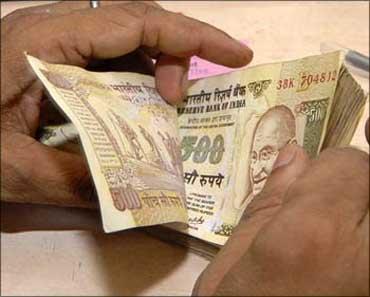
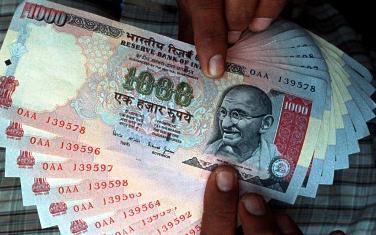
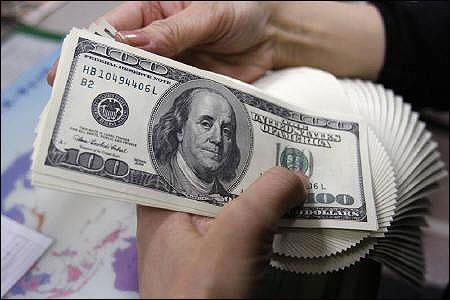
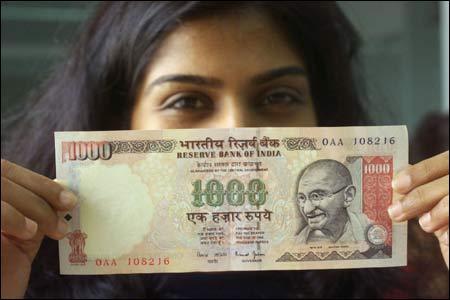
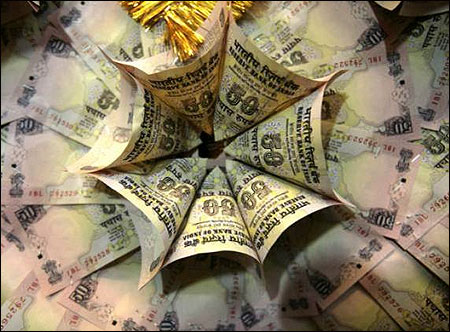

article